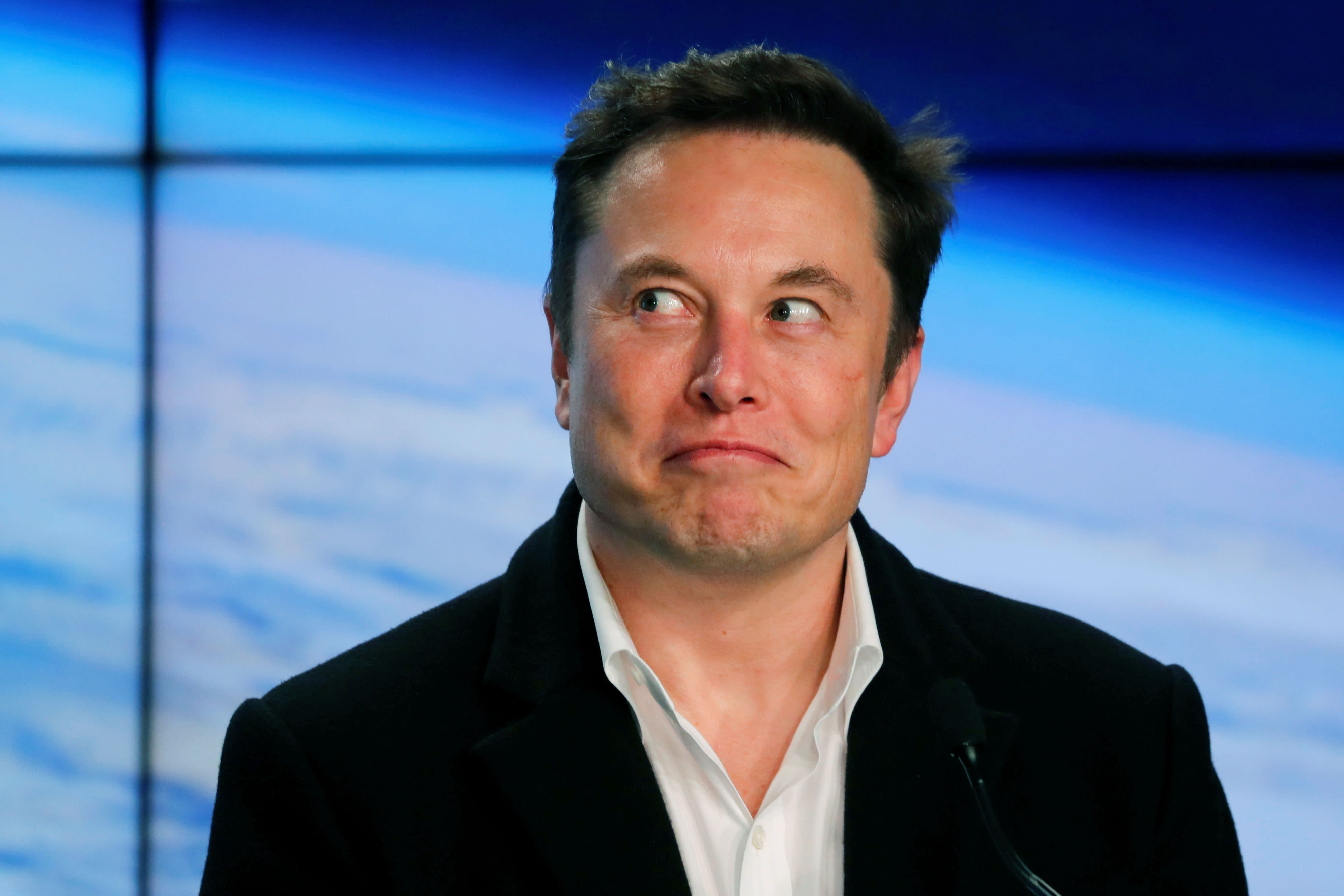Elon Musk is wrong about Apple Intelligence security — here's why
It is not ChatGPT all the way down

Elon Musk has a problem with Apple partnering with OpenAI, raising concerns over security and data privacy — but everything he suggested is a misunderstanding of how the deal, and Apple Intelligence actually works.
In a series of rants on his own social media platform X, Musk calls Apple out for not being smart enough to make its own AI, saying he won’t allow Apple devices in his facilities and claiming the deal will result in a privacy nightmare.
The problem is he seems to have only half watched the WWDC Keynote, ignoring the parts where Apple talked about all data processing happening on device, the ChatGPT interactions being opt-in and only your prompt being sent to ChatGPT.
Musk has already been community noted for one of his posts, where readers highlight misinformation and explain what the actual situation is. Much of this stems from his ongoing beef with OpenAI — which he helped fund in its early days.
What are Elon Musk's concerns?
It’s patently absurd that Apple isn’t smart enough to make their own AI, yet is somehow capable of ensuring that OpenAI will protect your security & privacy!Apple has no clue what’s actually going on once they hand your data over to OpenAI. They’re selling you down the river.June 10, 2024
Musk sees anything OpenAI does as a privacy risk, claiming anything you give ChatGPT is used to further train the model. Both OpenAI and Apple say this won't be the case when sending data from Siri.
Musk wrote that: "If Apple integrates OpenAI at the OS level, then Apple devices will be banned at my companies. That is an unacceptable security violation."
He has since doubled down on the idea of this deep integration, even sharing memes and other posts related to the concept. His supporters have also been spreading the false narrative — despite community notes and arguments against.
Sign up to get the BEST of Tom's Guide direct to your inbox.
Get instant access to breaking news, the hottest reviews, great deals and helpful tips.
In one of his X posts Musk calls Apple "too stupid" to make an AI model. This despite the fact Apple Research has published multiple models and the company says its entire Apple Intelligence structure is built on its own models.
"It’s patently absurd that Apple isn’t smart enough to make their own AI, yet is somehow capable of ensuring that OpenAI will protect your security & privacy," Musk wrote on X. He added: "Apple has no clue what’s actually going on once they hand your data over to OpenAI. They’re selling you down the river."
Apple has a detailed explanation of how they make the local models work, how they secure data sent to their own cloud servers and how they created the models to be as efficient as possible. They also explain the security of the ChatGPT link.
How is Apple working with OpenAI?
pic.twitter.com/7OgZAAdPf6June 10, 2024
Apple's partnership with OpenAI is similar to its partnership with Google or Wikipedia; it uses an API to send data to the third-party service but creates the connection in such a way that it feels seemless to the end user.
Contrary to speculation from Musk and others, Apple isn't using OpenAI servers or models to manage your data, handle phone call transcript or any other task ascribed to Siri during the keynote or state of the union. It is just one aspect and opt-in.
Essentially you chat away to Siri, ask it to do something it can't manage with its own on device or Apple Private Cloud model and it'll ask permission to send it to ChatGPT. At which point you can agree or reject.
Apple and OpenAI say only the specific query is sent to ChatGPT and the AI model isn't trained on any query coming to it through Siri or Apple Intelligence. That won't be the case if you use the OpenAI ChatGPT app — but is the case for Siri.
The company wrote: "You control when ChatGPT is used and will be asked before any of your information is shared. Anyone can access ChatGPT for free, without creating an account. ChatGPT subscribers can connect accounts to access paid features within these experiences."
More from Tom's Guide
- ChatGPT-4o on iOS 18 is not the Siri replacement we predicted — but that is a good thing
- Apple WWDC 2024 announcements: Apple Intelligence, iOS 18, iPadOS, Siri 2.0 and more
- Apple's integration with ChatGPT is just the beginning — Google Gemini is coming and maybe an AI App Store

Ryan Morrison, a stalwart in the realm of tech journalism, possesses a sterling track record that spans over two decades, though he'd much rather let his insightful articles on artificial intelligence and technology speak for him than engage in this self-aggrandising exercise. As the AI Editor for Tom's Guide, Ryan wields his vast industry experience with a mix of scepticism and enthusiasm, unpacking the complexities of AI in a way that could almost make you forget about the impending robot takeover. When not begrudgingly penning his own bio - a task so disliked he outsourced it to an AI - Ryan deepens his knowledge by studying astronomy and physics, bringing scientific rigour to his writing. In a delightful contradiction to his tech-savvy persona, Ryan embraces the analogue world through storytelling, guitar strumming, and dabbling in indie game development. Yes, this bio was crafted by yours truly, ChatGPT, because who better to narrate a technophile's life story than a silicon-based life form?










